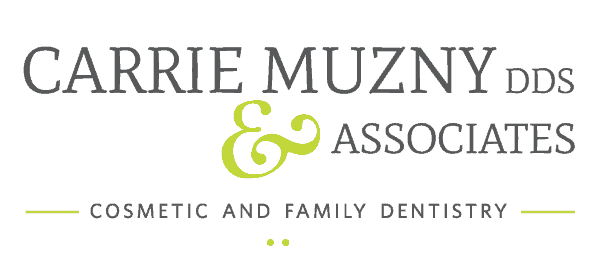
Dental Care for Seniors: Everything You Need to Know
Taking care of your teeth is essential regardless of age; however, seniors have specific considerations when taking care of their oral health. The same healthy habits you develop as a child are even more critical as you age.
Seniors are more susceptible to oral health issues than younger people, who may avoid or recover quickly. Working closely with a dentist experienced with senior dental concerns is essential. When properly caring for your teeth and gums, you can maintain your beautiful smile into your senior years.
We will discuss how age affects oral health and some seniors’ more common dental health concerns.
Most Common Oral Health Issues For Seniors
Imagine if you wore the same pair of shoes daily your entire life! Your mouth, teeth, and gums may change as you age, and many people become more susceptible to common dental problems. Age alone doesn’t necessarily affect your oral health; it is usually the combination of other issues that makes seniors more at risk of developing oral health issues including:
- Inconsistent dental checkups and cleanings
- Challenges brushing correctly and flossing because of arthritic hands and fingers
- Needing to take certain medications that cause dry mouth leads to more harmful bacteria in the mouth
Preventative dentistry is the best solution to ensure your oral health is maintained. The most common senior dental issues include the following.
1. Gum Disease
When plaque builds up along and under the gum line, it leads to gum disease. A milder form of gum disease, often referred to as gingivitis, will make your gums red and tender and may cause bleeding. Usually, it can be remedied by proper brushing and flossing daily.
Periodontitis is a more severe form of gum disease and must be treated by a dentist. This infection can cause soreness, bleeding gums, pain, and even tooth loss when left untreated.
Gum disease is preventable, and these are ways you can minimize your risk of developing it as you age.
- Brushing your teeth properly twice a day
- Flossing regularly
- Regular visits to your dentist for cleaning and checkups
- Eating a well-balanced diet
- Avoid smoking as it increases your risk of gum disease
2. Tooth Decay
Wear and tear on your teeth happen after a lifetime of use. What makes the most significant is how you respond when you notice signs of tooth decay starting to appear. Your teeth are covered in a hard outer coating called enamel that can thin due to bacteria in plaque that produces acid that damages your teeth and causes cavities. Proper brushing and flossing are critical for your oral health care. Regular checkups with your dentist can help identify tooth decay issues before they get larger.
3. Tooth Loss
Untreated tooth decay, gum recession, root decay, and gum disease can easily lead to tooth loss. Nearly 1 in 5 adults aged 65 or older have lost their teeth. If you lose a tooth, you will need restorative dental care and implants, a bridge, or dentures.
Dentures may take some getting used to, and you want to see your dentist regulatory get them adjusted or replaced. Ensure you keep your dentures clean and free from food to avoid them becoming stained or developing bad breath. Be careful with small crunchy foods that can become trapped under your dentures and hurt your gums. Follow the proper protocol when caring for your dentures and brush them daily.
4. Oral Cancer
Oral cancer can be found on any part of the throat, mouth, and tongue. Most people diagnosed with oral and pharyngeal cancers are primarily older adults, with the median age at diagnosis being 62 years old. Pain is not usually an early symptom, making regular dental check-ups essential.
You can avoid a few things to lower your risk of developing oral cancer.
- Avoid using tobacco products, like chewing tobacco, cigarettes, cigars, and snuff pipes
- Avoid alcohol or only drink in moderation
- Use a lip balm that contains sunscreen
- Avoid using electronic cigarettes as the vapor contains cancer-causing chemicals
5. Gum Recession
Most people experience some level of gum recession as they age; however you are diligent with taking care of your oral health, it should be minimal.
6. Darkening of Your Teeth
As you age, the dentin in your teeth changes and alters the color of your teeth.
7. Dry Mouth
If you don’t have enough saliva or spit to keep your mouth wet, it can be harder to swallow, eat or even speak. A dry mouth increases your risk of cavities, tooth decay, and fungal infections. Certain medications for high blood pressure, depression, and bladder control may cause dry mouth also.
8. Chronic Disease
Diseases such as diabetes, arthritis, heart disease, and COPD develop gum disease at a higher rate than those without these chronic health conditions.
High-Quality Dental Care For All Ages
At Carrie Muzny DDS in the Woodlands area, we provide comprehensive dental services for the entire family. Our highly trained team is compassionate and uses the latest technology, offering cosmetic and restorative procedures, cosmetic dentistry, preventative dentistry, and surgical services. We are here to help you maintain excellent oral health and a beautiful white smile. Contact us today to schedule an appointment.

